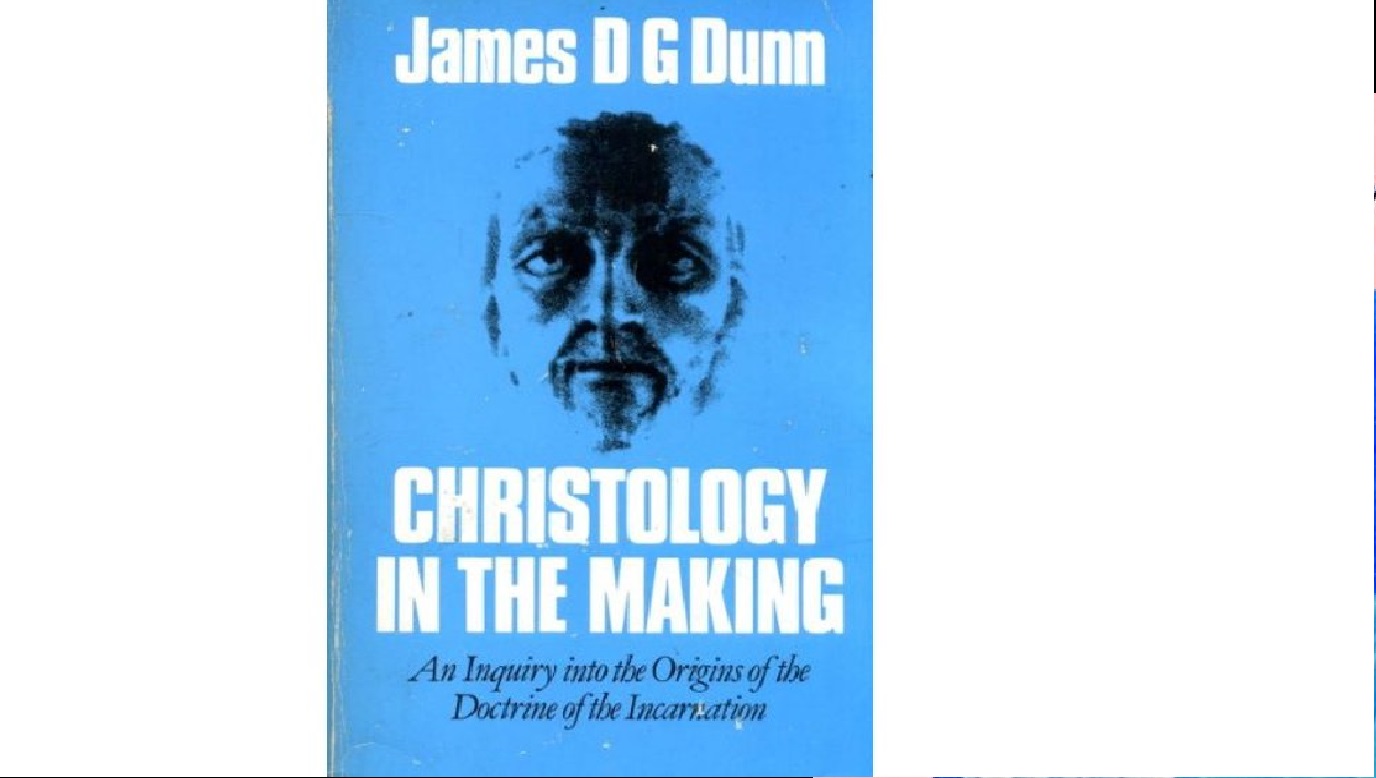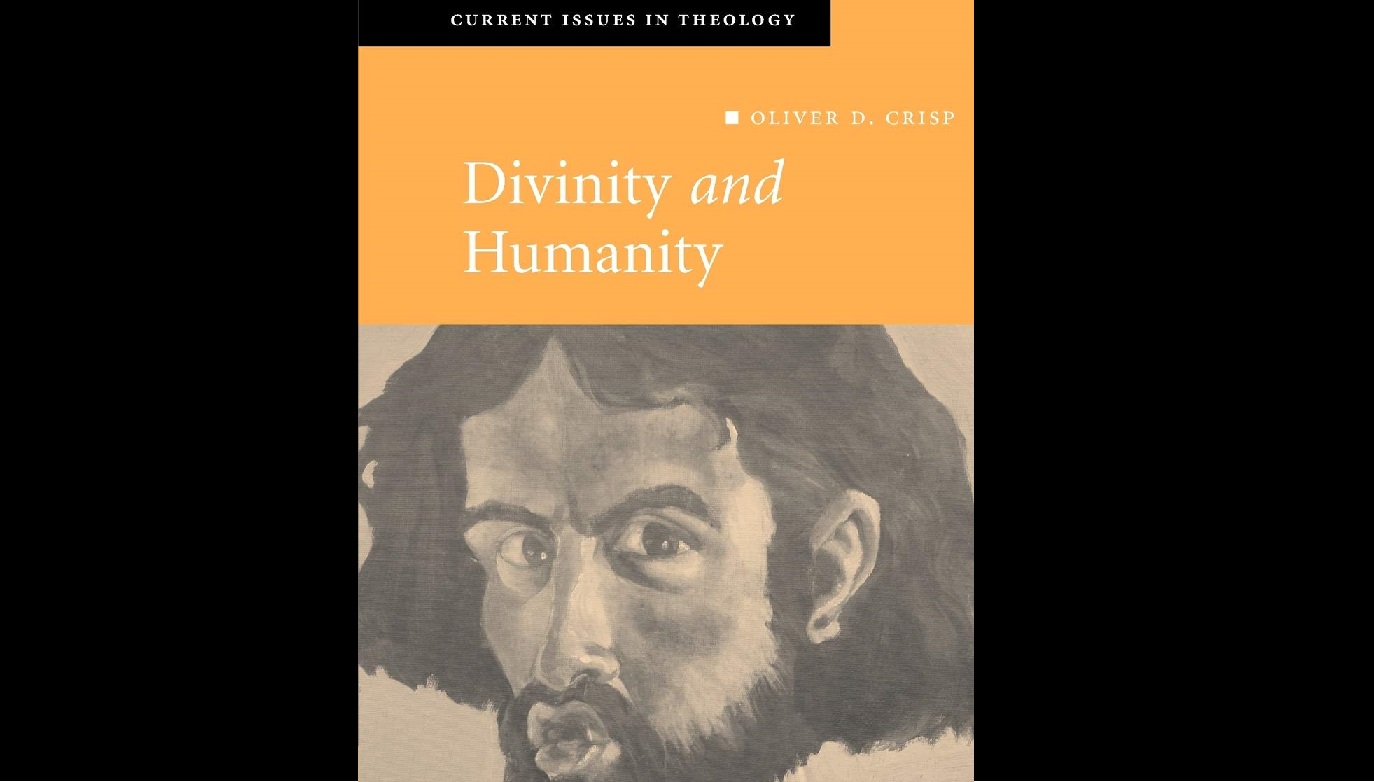
Dr. J.D.G Dunn, Adam Christology
January 7, 2024
Two wills of Christ: monothelitism
January 7, 2024Plato & the Church Fathers

Theological Models of the Doctrine of the Trinity, James Henry Owino Kombo
Augustine follows Neoplatonic logic in his formulation of the doctrine of the Trinity. Throughout his discourse of the Trinity, there appears a clear connection between the Neoplatonic doctrine of the “One” and his favorite choice of the abstract concept of the “Godhead.” Thus for him, God meant the Godhead or essence.’ He discusses Godhead as the highest principle; more or less the same way as Neoplatonism presents the idea of the “One.” Godhead is therefore entirely undifferentiated. In other words, Godhead is completely simple and without multiplicity. Here then Augustine discovers one of the three types of substances in Neoplatonism: the one that is eternally stationary. Augustine sees in this category not many substances but one substance who in itself is immovable and imperishable; it acts without the intervention of any other being while it is at the same time the source and origin of all. Everything that is proceeds from it; it is the most perfect intelligence — God.
Augustine’s discussion of the Son and the Holy Spirit is very similar to what we see of Plotinus’ doctrine of emanation. By this doctrine Plotinus indicated a relationship between the One, Intelligence and the Soul. For him, Intelligence emanates from the One and the Soul emanates from Intelligence. In this process the emanating entity does not diminish, rather, it remains outside its product while at the same time it is present within it.
For Plotinus the emanation is completely involuntary. It is a result of an inner necessity — what is full must overflow, what is mature must beget. Note that in the logic of Augustine, what is common to the hypostases is the “One.” The Father is a hypostasisation of the “One.” The Father is personally concrete and distinguished from the Son. He is the hypostasis which causes the person of the Son by the act of eternal generation. The Father is also the cause of the Holy Spirit by the act of eternal procession. Again the relationship between the Father and the Son and the Holy Spirit is shown by Augustine to be involuntary and spontaneous.
Consequently, Augustine was able to concretize the hypostases and to distinguish the same from each other only by their relations with each other. Augustine saw two types of relations (Father-Son and Spirator-Spirit) that distinguish Father and Son from each other and Father and Spirit from each other. In Augustine’s consideration, the problem was how the Holy Spirit was to be distinguished from the Son. In answer to this problem, Augustine explained that the Holy Spirit is caused by the Father as well as by the Son.’
For Boethius, God is his ‘essence” and that “essence” is the “form” that he has achieved — the divine substance. This divine substance or divine nature, explains Boethius, is “form without matter, and is therefore One, and its own essence.”‘ God in this case therefore is what is universal to the three personae. God is a “pure form,” or his “own essence.” Elsewhere he says that “when we say God, we…denote a substance; a substance that is supersubstantial.”. The three persons in the Boethian theology are only individual, concrete expressions of the universal (the essence or substance) with the same attributes as what is universal.
In fact, in Boethius the divine attributes are applied to the “Godhead.” His argument is that the divine substance lies in the Godhead. In other words, God is simple and undifferentiated. He and his Substance (or essence) are one and the same. He is his own essence and the divine essence cannot be “distinguished either by accidents or by substantial differences belonging to a substrate”‘ The concept of “person” is traced to the idea of “mask.” He writes that the word “person seems to be borrowed from a different source, namely from the masks which in comedies and tragedies used to signify different subjects of representation.”.° The Greeks called these “persons” or “masks” prosopa and the Latins called them personae.” As far as Boethius is concerned, he sees a substance with intelligence be-hind the mask.

